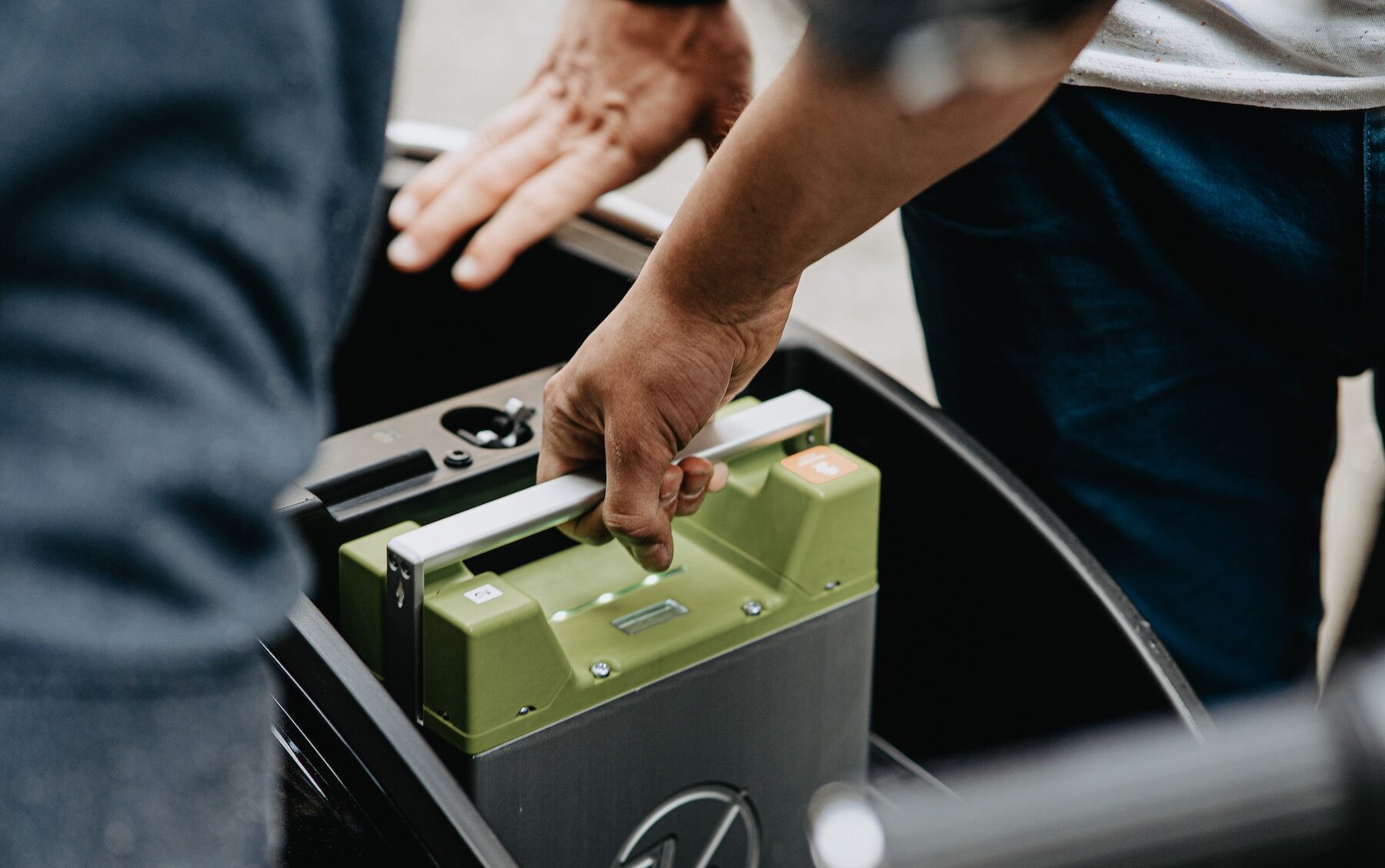AUTHORS: Eero Yrjö-Koskinen
A recent publication by IEEP on batteries from electric vehicles in the EU and Japan shows that there will be a massive demand for the recycling of used electric vehicle (EV) batteries in the next few years. As described in this report, the sale of EV is estimated to grow significantly: the EU is already importing around 800,000 tonnes of EV batteries each year.
Considering that the lifetime of lithium-ion batteries (LIBs) is typically between 5 and 20 years, the demand for the recycling of raw materials used in these batteries is bound to increase exponentially in a few years. Therefore, the EU and its Member States should develop national strategies and support measures to achieve maximum circularity in the waste management of used EV batteries.
Following the principles of the waste hierarchy, all EV batteries should first be reused for their original purpose. If not possible, they should then be repurposed for a second-life use, such as the stationary energy storage of excess power from solar and wind energy. This repurposing could save up to 63 million tonnes of carbon emissions compared with the manufacture of new batteries.
As explained in our report, repurposing of batteries is only at the trial stage in the EU, whereas in Japan several initiatives for the use of former EV batteries in stationary energy storage are already in place.
In 2020, the EU proposed a new Batteries Regulation, which would require EV batteries to be collected and recycled in full. This regulation sets a recycling target for LIBs, aims to facilitate the repurposing of EV batteries for a second life and requires each EV battery to have a “battery passport”.
Based on its study on EV batteries recycling in EU and Japan, IEEP recommends the following options to ensure the effective management of end-of-life batteries.
Policy and legislation:
- Ensure policy and legislative frameworks for EV batteries are coherent and up-to-date, place a value on sustainability throughout their lifecycle, and clarify that waste EV batteries should first be reused, then repurposed, then recycled.
- Ensure that legislation is clear regarding its obligations and to whom they apply.
- Set targets for recycling to incentivise collection and recycling and support the development of the recycling market.
- Provide guidance on secondary applications for EV batteries to facilitate their reuse and repurposing, including clear definitions and minimum quality standards.
- Ensure extended producer responsibility (EPR) is applied to LIBs from EVs, including clarity on who is responsible for EV batteries when they are reused or repurposed.
- Consider setting targets for reuse and repurposing of EV batteries.
- Ensure stakeholders in the batteries value chain are engaged in policy-making.
Battery design and information:
- Ensure EV batteries are designed with the end of their first life in mind, to enable their reuse, repurposing, disassembly, sorting and recycling.
- Consider setting eco-design requirements, e.g. regarding composition and disassembly.
- Ensure provision of adequate and accurate information about batteries, e.g. through labelling.
- Consider the introduction of product passports for EV batteries and seek harmonisation of such passports globally to ensure ease of trade.
Economic and financial considerations:
- Provide funding for R&D for the development of circular business models and recycling technologies.
- Consider use of financial incentives to encourage investment in EV battery circularity.
International considerations:
- Ensure there are appropriate requirements, controls and quality standards placed on the export of used EV batteries, to reduce impacts on importing countries.
- Ensure compliance with EV battery-related policy and regulation in export markets.
- Consider alignment of legislation between trading partners, e.g. EU and Japan.
- Consider the introduction of certification schemes for EV batteries based on international standards, to facilitate trade.
- Create platforms to share best practices and lessons learned from national initiatives.
For further information, please contact the authors of the report: Andrew Farmer and Emma Watkins.
Photo by Kumpan Electric on Unsplash

